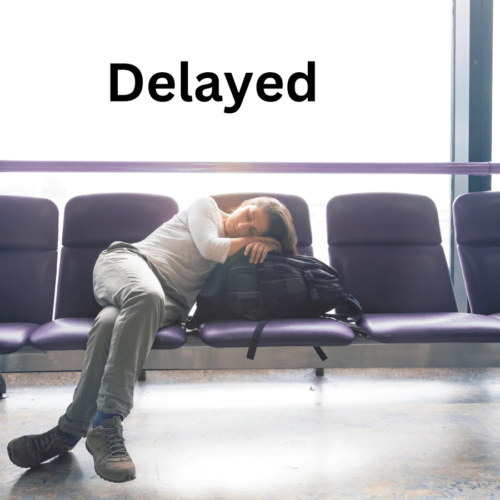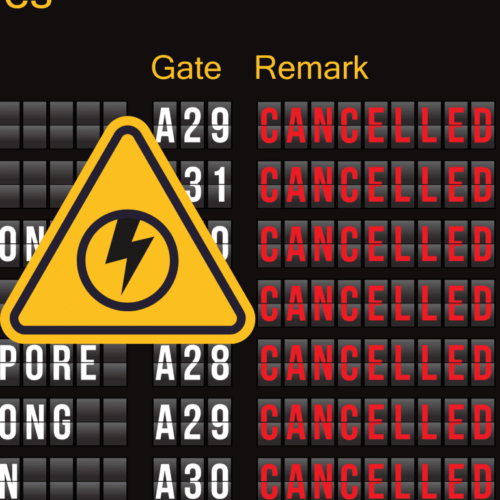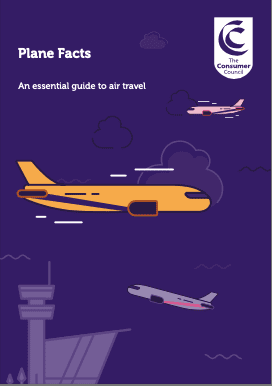 BY NAOMI HOUSTON
BY NAOMI HOUSTON
When it comes to technology, nothing is one hundred per cent reliable, and as the world becomes increasingly digitalised, worldwide systems can go down in a matter of minutes, as seen during the Microsoft outage 2024, the most disruptive digital outage in history so far.
Systems went down globally, affecting many sectors including banks, shops (specifically cashless ones), and GPs to name a few.
Another service which went into chaos during the outage was of course, flights. With digital systems such as flight time boards, and check in services going blank, queues of people ended up stuck and confused inside airports worldwide.
When something like this happens, the question begs to be asked, what are the responsibilities of airlines when unforeseen circumstances like this take place?
Their main responsibilities are to ensure passenger safety, compliance with regulations, and customer satisfaction.
1. Communication
Airlines should provide timely and accurate updates with information about the situation, including flight delays, cancellations, and alternative arrangements whichever way then can, this means utilising multiple communication channels (email, SMS, social media, announcements at the airport) to reach all affected passengers.
A good example of this was seen in Belfast International airport where whiteboards were being used by staff to update passengers with gate numbers, delays and flight times etc.
 2. Customer Assistance
2. Customer Assistance
They should assist passengers in rebooking their flights without additional charges, and prioritizing those with urgent needs, if that is not possible, they should offer refunds for cancelled flights or significant delays, as per the airline’s policies and regulatory requirements.
3. Accommodation and Meals
In some instances, the airline should organise hotel accommodation for passengers stranded overnight due to cancellations or significant delays.
They should offer meals and refreshments during long delays as well the amount you receive will depend on the number of hours your flight is delayed for– this is applicable to any type of delay, not only during an outage.
4. Compliance with Regulations
They must ensure they adhere to local and international aviation regulations regarding passenger rights, this includes adhering to the payment of compensation where applicable*, such as for delays, cancellations, or denied boarding, in accordance with regulations like the EU261 in Europe which outlines scenarios in which the law applies and sets rates of compensation and assistance for each situation. Passengers can claim compensation when their flight is delayed, cancelled, or if they were denied boarding. The regulation applies to any flight departing from an EU member state, even if it’s on a non-European airline.
*It’s important to note that airlines are not liable to pay compensation if the issue is out of their control, e.g. system outages.
5. Customer Service
During times of chaos, such as the Microsoft system outage, airlines must ensure that customer service representatives are readily available to handle queries and complaints.
6. Operational Management
The company sh ould deploy a crisis management team to coordinate the response and ensure there is an effective resolution of the issues, this involves working with IT teams and service providers to resolve the outage as quickly as possible and prevent future occurrences.
ould deploy a crisis management team to coordinate the response and ensure there is an effective resolution of the issues, this involves working with IT teams and service providers to resolve the outage as quickly as possible and prevent future occurrences.
By fulfilling these responsibilities, airlines can manage the chaos more effectively, mitigate passenger dissatisfaction, and maintain their reputation during challenging situations like the one we witnessed during the Microsoft IT outage.
A great source of information when things go wrong is available from the Consumer CouncilPlane_Facts_Guide_Web_0



